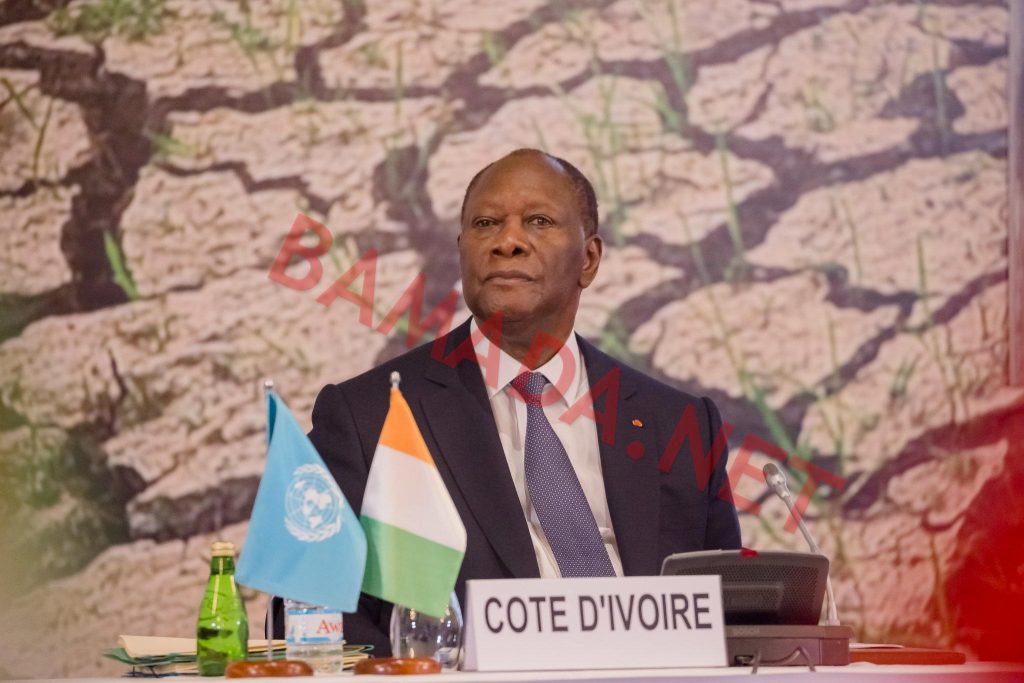
As Ivory Coast prepares for its presidential election set for October 25, political tensions are mounting amid concerns over candidate exclusions and lingering uncertainty surrounding President Alassane Ouattara’s plans.
Candidates have from July 25 to August 26 to submit their applications to the electoral commission.
While Ouattara’s party, the Rally of Houphouëtists for Democracy and Peace (RHDP), formally nominated him as its candidate during a congress in June, the President—who has held power since 2011—has yet to confirm whether he will seek a controversial fourth term.
Speculation continues to grow that his younger brother, Téné Birahima Ouattara, the current Defence Minister, may instead be fielded by the RHDP in October’s vote.
However, the political playing field is already being shaped by significant exclusions. Four of the country’s most prominent opposition figures have been removed from the electoral roll, rendering them ineligible to contest the presidency.
Among them are Tidjane Thiam, leader of the Democratic Party of Côte d’Ivoire (PDCI), former president Laurent Gbagbo, his longtime ally Charles Blé Goudé, and ex-prime minister Guillaume Soro, currently in exile.
“This is a chronic pattern under Alassane Ouattara’s regime,” said Patrick Mboyo Bakambo, a public law and political science researcher at Paris-Saclay University and lecturer at the University of Grenoble Alpes.
“Since he came to power in 2011, every presidential election has been tailored to ensure his re-election.”
Some opposition figures do remain in the race. Simone Gbagbo, the amnestied former First Lady and founder of the Movement of Capable Generations (MGC), is eligible to run, as is former Prime Minister Pascal Affi N’Guessan of the Ivorian Popular Front (FPI).
Still, questions persist about the competitiveness and inclusiveness of the upcoming vote. Despite previous unrest in similar circumstances, Bakambo suggests that major protests are unlikely.
“The opposition that could challenge the process isn’t really competitive enough,” he explained. “They won’t have solid grounds to mount a meaningful protest.”
Under Ivory Coast’s electoral law, candidates must pay a deposit of 50 million CFA francs (approximately €100,000) and obtain signatures from at least 1% of voters across half of the country’s regions, including Abidjan and Yamoussoukro.
The collection of endorsements can now be done digitally using designated electronic kits.
In the 2020 election, only four out of 44 applications were approved by the Constitutional Council, with most rejections citing irregularities in sponsorships.
With the deadline for candidacy submissions set for August 26, the stage is being set for another contentious vote in a country still grappling with the aftermath of past political crises.



